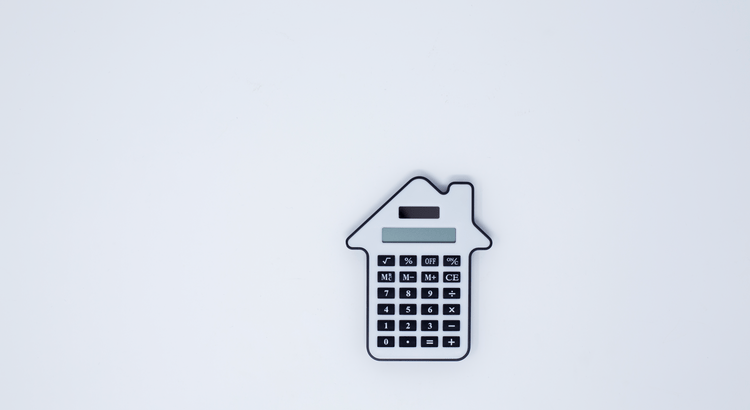
Understanding Today’s Mortgage Rates: Is 3% Coming Back?
A lot of buyers are pressing pause on their plans these days, holding out hope that mortgage rates will come down – maybe even back to the historic-low 3% from a few years ago. But here’s the thing: those rates were never meant to last. They were a short-term response to a very specific moment in ti

The Rooms That Matter Most When You Sell
Now that buyers have more options for their move, you need to be a bit more intentional about making sure your house looks its best when you sell. And proper staging can be a great way to do just that. What Is Home Staging? It’s not about making your house look super trendy or like it belongs in a

The Secret To Selling Your House in Today’s Market
A few years ago, homes were flying off the shelves and getting multiple offers well over their asking price. It felt like you could name your price and still have buyers lined up at the door. But today’s housing market is different. Buyers are getting more selective now that inventory has grown. Hom
Categories
Recent Posts










